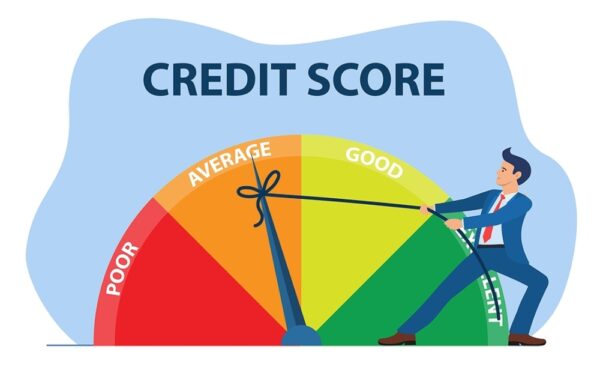The role of assessing the credit risk of debt fund investments

credit risk of debt fund investments
Debt mutual fund investing is an important aspect of forming a well-diversified financial portfolio. This fund offers an opportunity to garner stable returns while effectively managing risk. Such funds invest in fixed-income assets such as corporate bonds, money market instruments and government securities. The significance of adding debt mutual funds to your portfolio lies in their potential to offer regular income and protect the capital, making them a highly attractive option if you are an income-seeking or conservative investor.
Market-linked in nature and the risks associated
Debt mutual funds, like any market-linked investment option, come with a certain degree of risk. While they might be looked upon as relatively safer option than equity funds, it is crucial to be aware of the associated risks. The key risk linked with debt mutual funds are credit risk, interest rate risk, reinvestment risk and liquidity risk. However, such risks may be mitigated by following specific measures.
How to manage the risks associated with debt mutual fund investment?
- Interest rate risk
Debt mutual funds are highly sensitive to changes in the rate of interest. When the rates increase, the prices of the prevailing fixed-income securities fall, impacting the NAV (net asset value) of the mutual fund. You can meet the risk by investing in the funds with a lower duration or by adding a dynamic bond scheme managed by a professional fund manager who adjusts actively the investment portfolio duration depending on the expected rate of interest.
- Credit risk
Credit risk is the possibility of any default by the debt instruments’ issuer. Assessing the credit risk is important before opting for debt fund investment. A few ways to meet the credit risk involve investing in quality government securities and corporate bonds, diversifying the investment portfolio throughout sectors and issuers, and performing an in-depth credit analysis of underlying securities.
- Liquidity risk
Liquidity risk is when it is tough to exit or sell investments owing to the lack of market buyers. To meet liquidity risks, you must choose debt mutual funds having a well-diversified investment portfolio with sufficient liquidity. Funds with high liquid asset proportion and reduced exposure to illiquid instruments are usually resilient during market downturns.
- Reinvestment risk
Reinvestment risk is the uncertainty linked with reinvesting periodic principal or interest payments at higher or the same rates. To meet this associated risk, you can consider investing in the scheme with higher average maturity as this offers the potential for reinvesting at a higher rate in upcoming times.
Significance of assessing credit risk in debt investment
- Protect capital
Assessing credit risk assists you to figure out debt mutual funds with lower default probability. By investing in mutual funds with high-quality securities, you can lower the capital erosion risk and preserve your investment.
- Secure income
Debt mutual funds basically aim to generate a regular income. By assessing credit risk, you can select schemes that invest in asset securities issued by financially stable entities with the likelihood of timely making principal and interest payments. This increases the income-yielding potential of investment.
- Trade-off of risk-return
Distinct debt mutual fund schemes hold differing degrees of risk. By assessing the credit risk, you can evaluate the potential returns against the associated risks. It permits you to make an informed decision in alignment with your return expectations and risk appetite.
Ending note
Including debt mutual funds to your financial portfolio is essential for diversification and consistent income generation. But it is crucial to figure out the debt funds’ associated risks. By assessing the associated risk and considering suitable risk mitigation steps, you can make an informed decision, secure regular income, and preserve capital.







